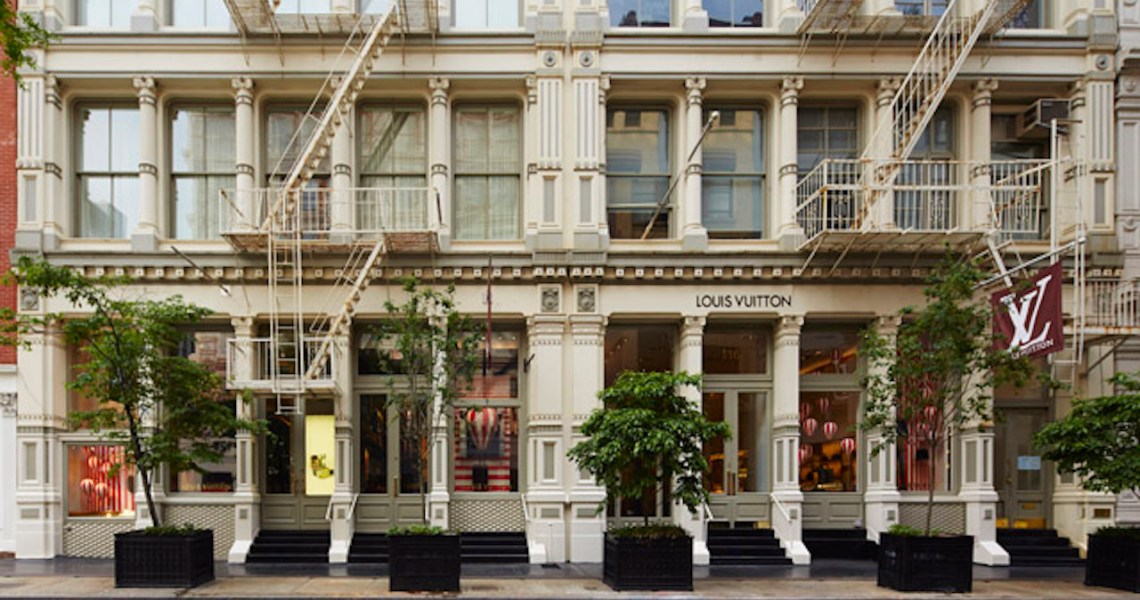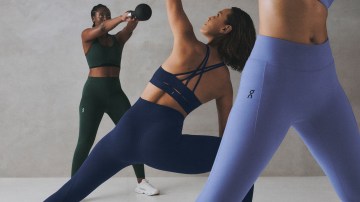In LVMH’s most recent earnings call, CEO Bernard Arnault said that e-commerce site 24S, which was used to compete with platforms like Farfetch and Net-a-Porter, has been losing money since its inception in June 2017.
“A lot of online sites are losing money. We created a relatively small site called 24S, which unfortunately is no exception to the rule. Because it’s small it doesn’t lose that much money, but hopefully we can figure out a way to make it profitable at some point,” Arnault said.
After two-and-a-half years of 24S treading water, it’s unclear what LVMH’s long-term plan is for the site or if it’s time to cut the cord.
Online sales have never been a huge part of LVMH’s business, only making up about 5% of revenue in 2017, though Arnault said online sales have increased by 30% since then. Though 24S’s losses are not detrimental yet based on Arnault’s comments, should they be?
LVMH’s competitors Richemont and Kering have made significant strides in their digital strategies. Richemont’s Net-a-Porter, while a drain on the company’s profitability when it was first acquired, brought in more than $2 billion in 2017. Kering, meanwhile, is winding down its partnership with Net-a-Porter to spur more online sales in-house. And non-brand-affiliated platforms like Farfetch and Matchesfashion have been doing exceptionally well, with the former seeing a 90% increase in revenue in the third quarter of last year. LVMH doesn’t disclose 24S’s revenue explicitly, but it’s clear the company has a ways to go to catch up with competitors.
24S was launched as 24 Sèvres (named for the address of Le Bon Marché, the Parisian LVMH-owned department store) and was meant to serve as the online equivalent of that location. It originally focused on a French customer, but two years in LVMH renamed it and said it would center on an international shopper. At the time, LVMH chief digital officer Ian Rogers said it was because they had seen much more interest in 24S from international shoppers.
“Net-a-Porter and Farfetch have existed for 20 and 13 years, respectively. Both platforms were around to capitalize on the online shopping boom and hold strong brand recognition among luxury consumers,” said Edited retail analyst Krista Corrigan of 24S’s competitive set.
Still, LVMH CFO Jean-Jacques Guiony said selling the company’s products through existing e-commerce platforms like Farfetch or Matches Fashion is out of the question in their current iterations.
“There’s no such thing as a platform today that would suit our needs. Most platforms don’t provide access to the various data regarding the clients that we would like,” he said during an earnings call in 2018.
But LVMH has not invested in keeping 24S on the same technological level as some of its competitors. While virtually all luxury e-commerce platforms like Net-a-Porter and Farfetch have embraced mobile, 24S hasn’t — a critical oversight said Brian Long, CEO of mobile messaging company Attentive.
“Luxury brands have not been as quick to embrace mobile shopping like other retailers have,” Long said. “Their shopper is browsing and buying on mobile. They thought their customer was older and wouldn’t do it, but there’s a lot of luxury companies [like SSENSE and Browns] moving on mobile because it’s where all demographics, including the next generation of shoppers, are.”
Arnault has said he is skeptical of e-commerce due to the potential of brand dilution, even the desirable brands within LVMH’s portfolio may not be sufficient.
“Though 24S has the exclusive distribution of Dior and Celine, it may not be enough to drive significant growth for the platform,” Corrigan said.




